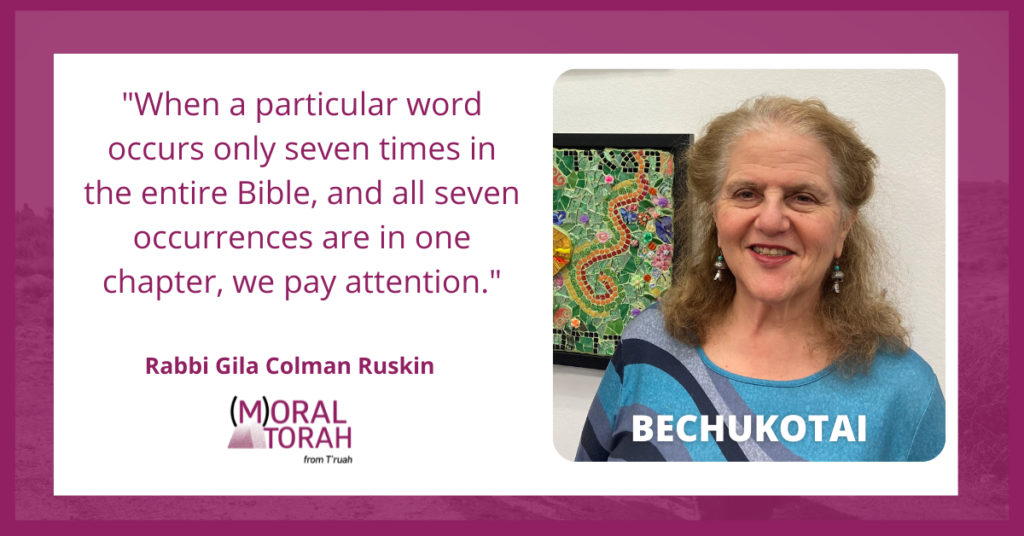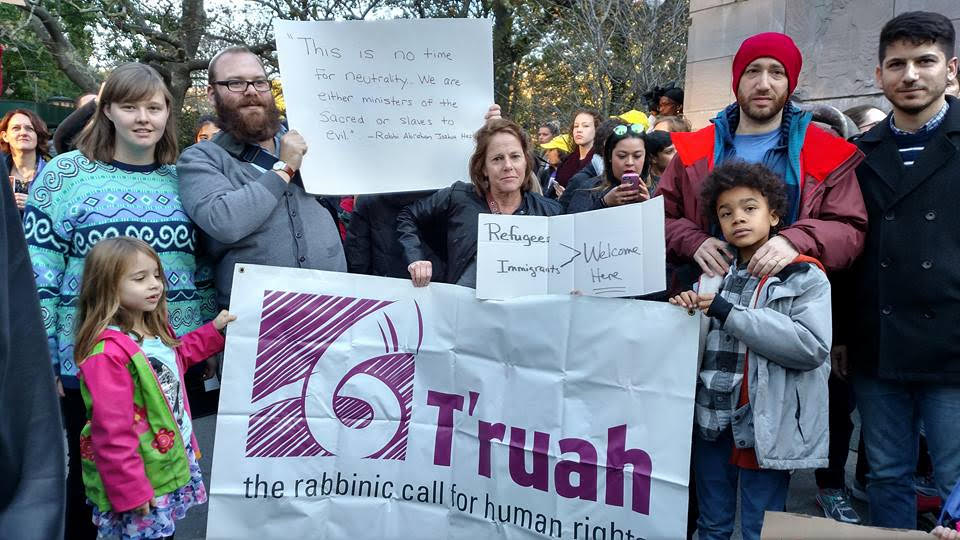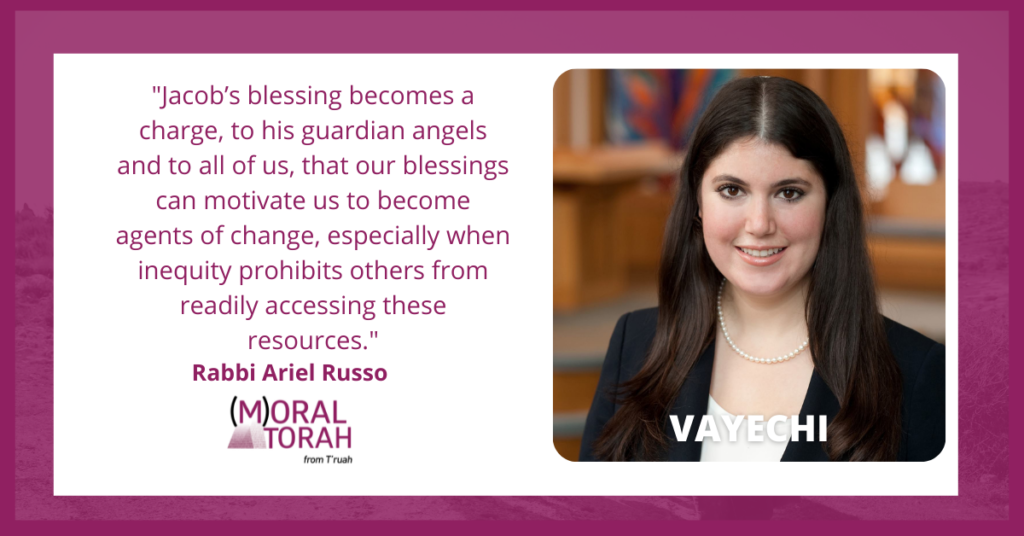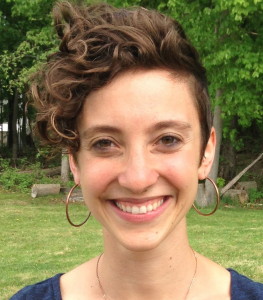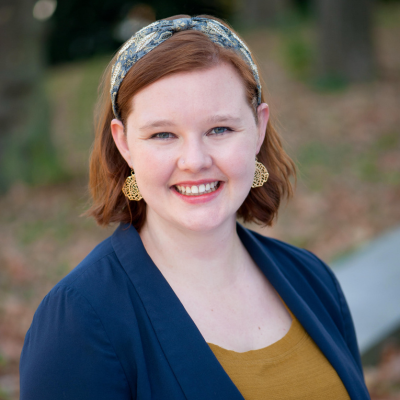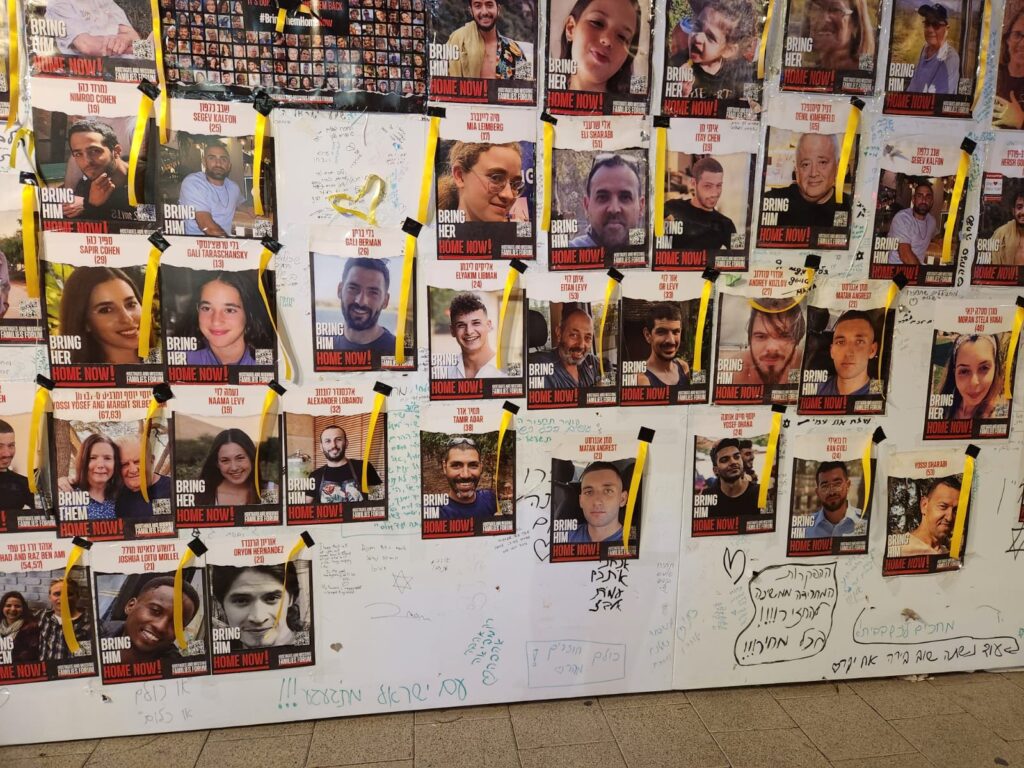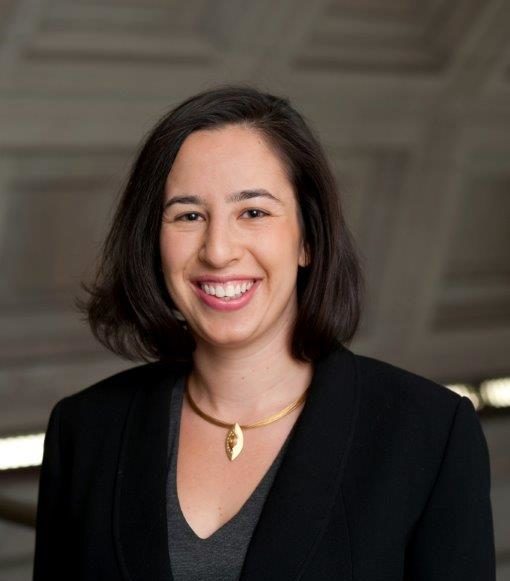
PREPARE
This is God’s message for the people before they are to experience the awesome Presence at the mountain: “Lekh el-ha’am v’kidashtam hayom umakhar…” Go to the people and sanctify them. The exact meaning and practice of this sanctification is not explained. Some commentators, such as Rashbam and Ibn Ezra, see it as purification and read...
read more

